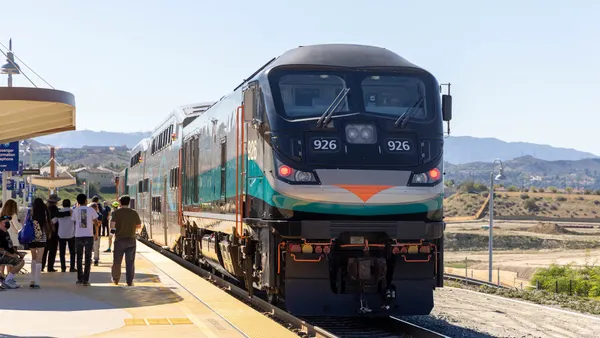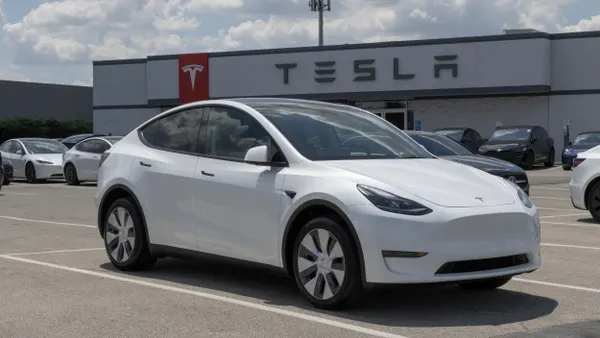Dive Brief:
- Mobility company Lime and data solutions company Populus have teamed up to provide the Seattle Department of Transportation data on the newly launched LimePod car-sharing program.
- The Populus platform will receive real-time GPS-based data from the LimePod fleet — such as parking space use — and make it available to the city.
- The companies indicate that the service offers cities transparency and information that could benefit decisions about curb space.
Dive Insight:
Cities across the country have leaped onto the data bandwagon in recent years and many are hungry for transportation and mobility service data. But a lot of mobility-as-a-service (MaaS) companies — especially ride-hailing businesses — have taken heat for being stingy with data or even refusing to provide cities with the requested information.
Lime made an effort to move away from that trend last month when it, along with competitor Spin, partnered with data solutions company Remix to provide the Los Angeles Department of Transportation with data about dockless bike and scooter programs. Lime also has a dockless vehicle data-sharing agreement with Detroit. Its newest agreement in Seattle continues that movement toward greater transparency.
Although car-sharing services such as LimePod provide value to citizens, the programs do gobble up the much-coveted commodity of curb space. E-commerce deliveries and ride-hailing continue to grow and fight for that same curb space at the same time a number of cities push to reduce the amount of parking spaces and cars on the road to fight traffic congestion.
Better and more frequent data-sharing agreements between MaaS businesses and municipalities could uncover better solutions for urban mobility and curb space use than simply relying on guess-and-test.











